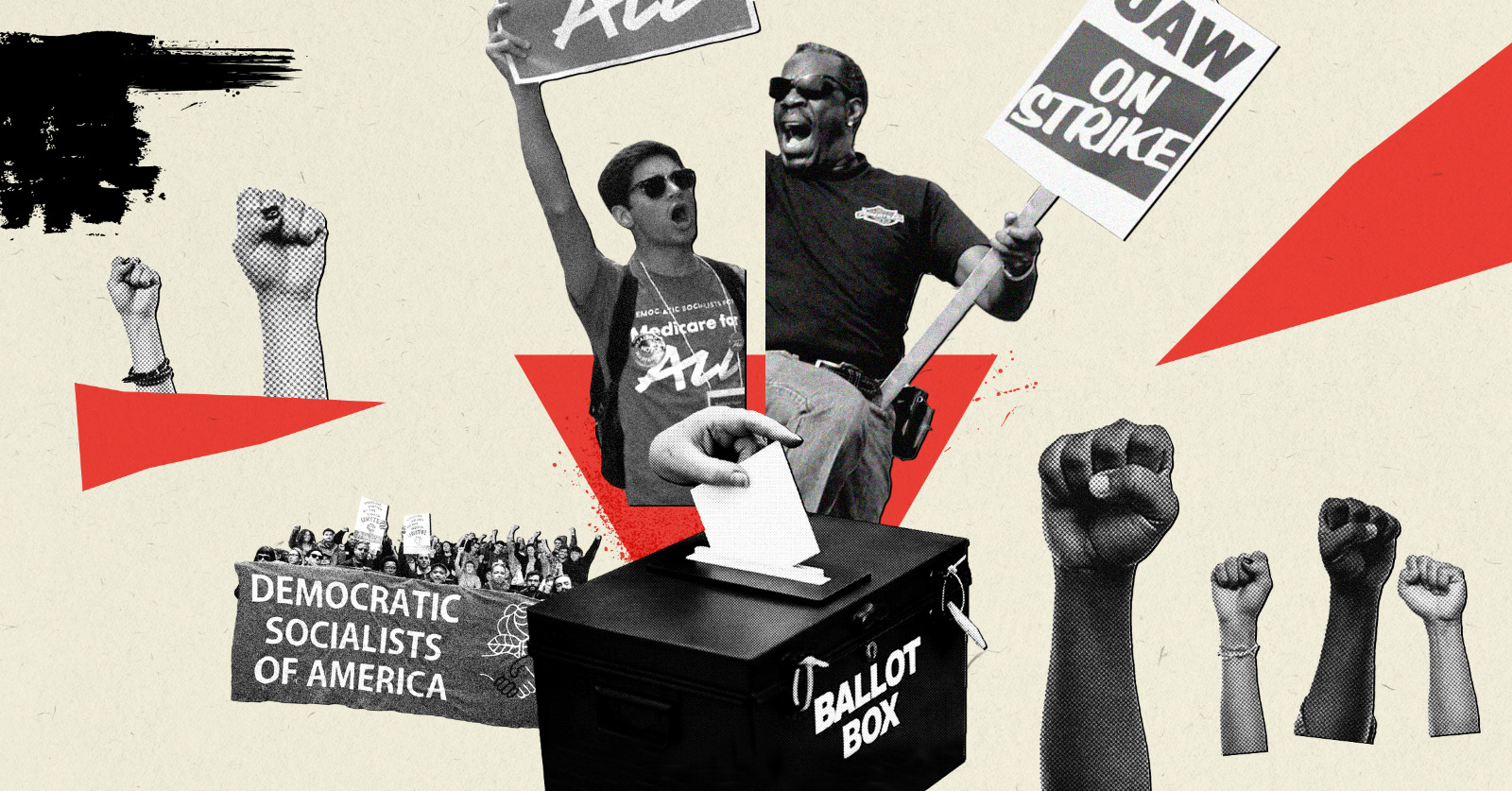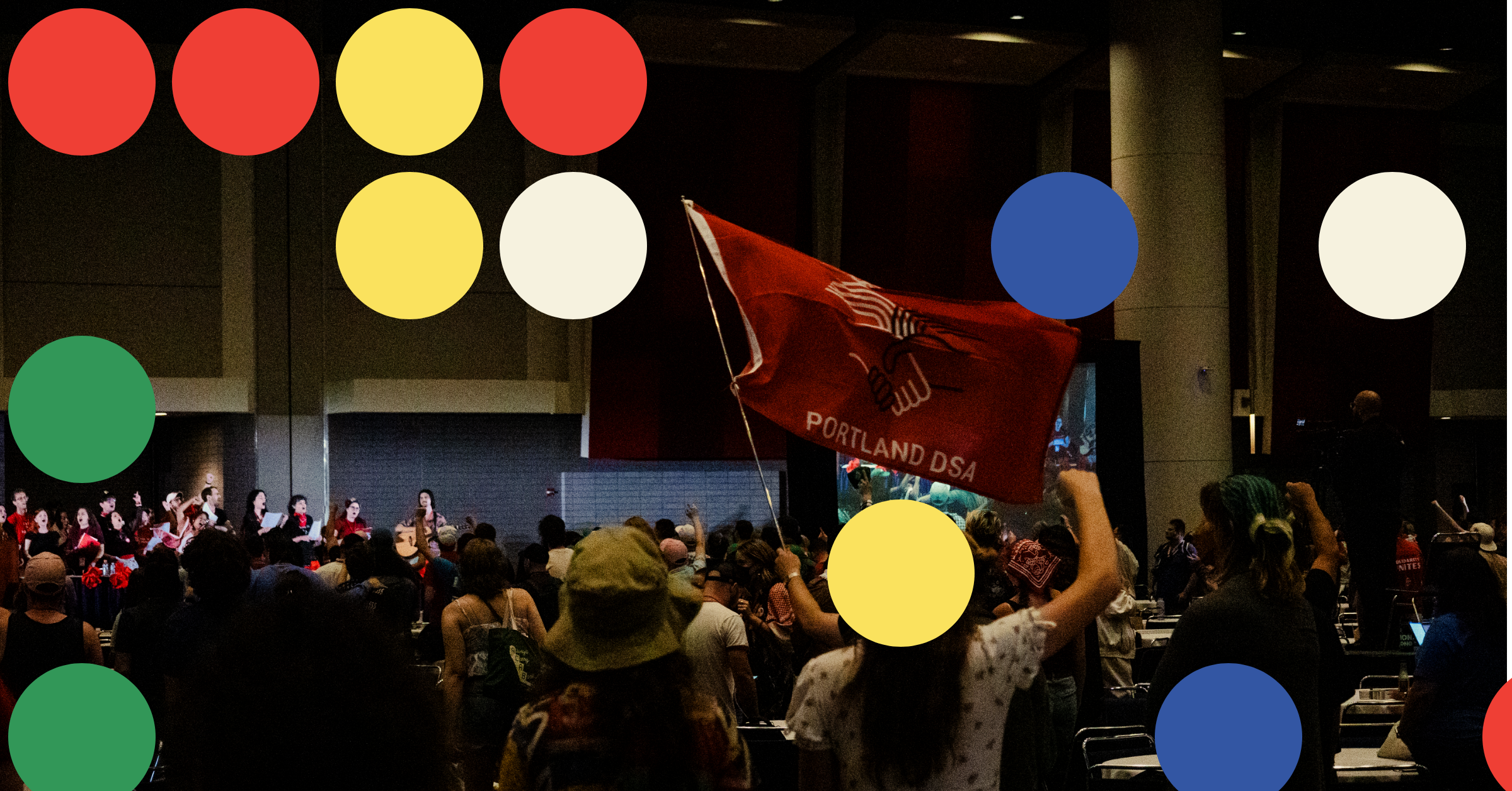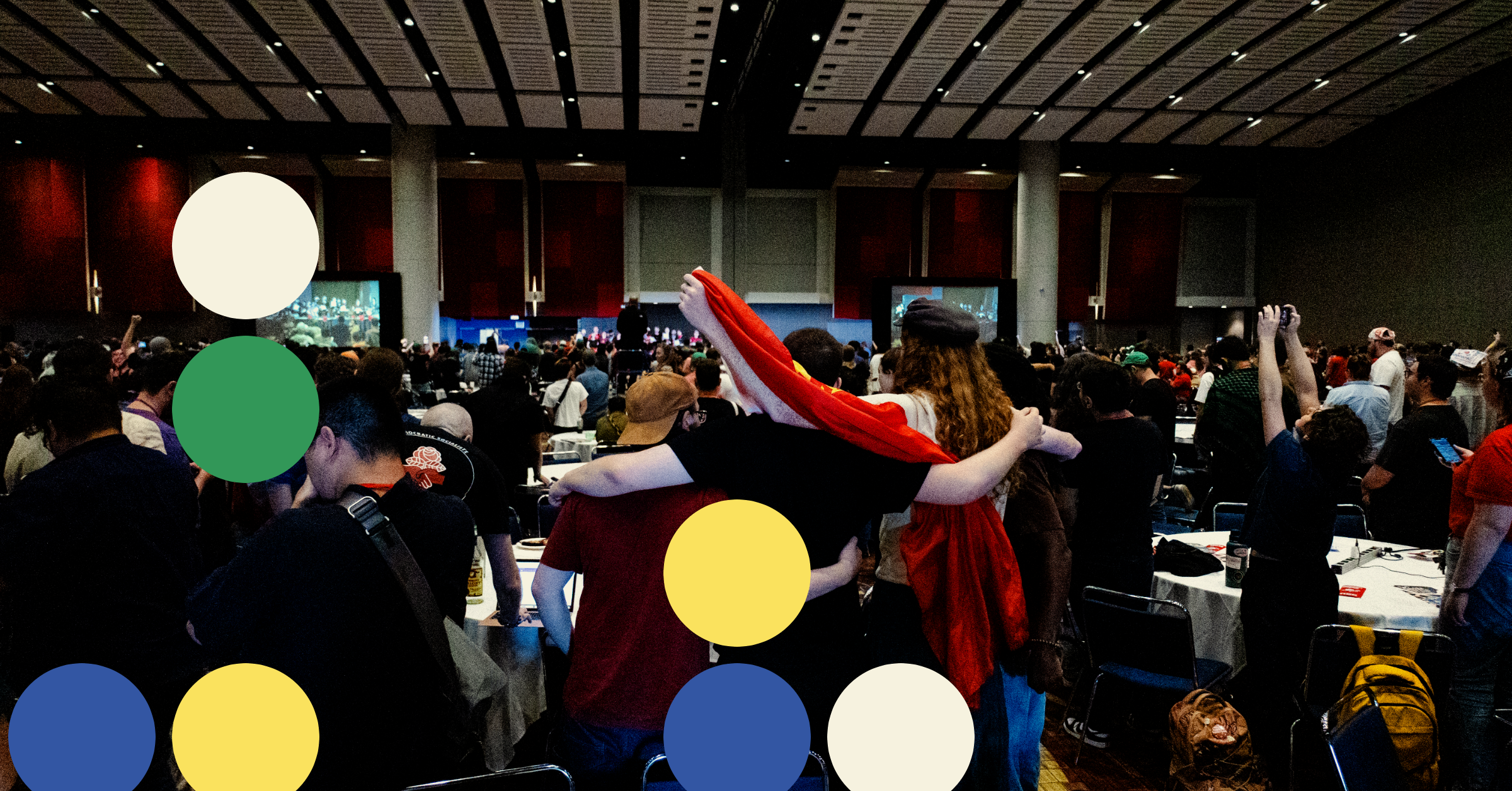There’s no question that 2028 will be a unique political moment. It will see – hopefully – the end of the most authoritarian administration in our lifetime, which is now rapidly disgracing itself in the eyes of the voting public. The Democratic Party, for its part, is utterly failing to lead, infuriating its liberal base, and exposing its structural inability to oppose capital.
This suggests a unique breakthrough opportunity for socialists. Our comrades in the Reform & Revolution caucus see it that way; their resolution ”R:04: For a Socialist Party in Years, Not Decades,” proposes an ambitious goal of establishing a new national party – a clean break – in just under three years. The authors recognize that DSA can’t achieve that feat alone, because they propose, as a first step, that we approach “unions, reform caucuses, workers’ organizations, and other left-wing and progressive groups” to participate in that party-building project with us.
Well, “participate” is a generous word. A close reading of R04 shows that the resolution envisions unions “endorsing our socialist slate” and that by the end of the Trump term, we will “have won [them] over to our party-building project.” It’s hard to imagine unions being enthusiastic about such a predetermined political project. We bring the voters, and DSA tells us what to support? No thanks. The resolution seemingly doesn’t account for the fact that, with some notable exceptions, there’s little indication that a decisive chunk of the labor movement is ready to declare itself for socialism.
An amendment to the resolution, R04-A02, “For Democratic Co-determination of an Independent Working-Class Politics,” aims to address that problem by inviting unions to have a real say in shaping that party, in a spirit of democratic co-determination. It retains the party-building project of R04, but stipulates only that it will be a “workers’ party,” instead of mandating that it be a “socialist party.” That’s not because socialism is unimportant; it’s because as Marxists, we believe that structure precedes ideology.
It’s worth remembering that Marx and Engels saw socialism emerging from class struggle – not the other way round. Announcing ourselves as the self-appointed leaders of a socialist movement is unlikely to inspire the class struggle and spirit of self-organization that’s needed to move beyond capitalism. That’s not to say we shouldn’t propagandize for socialism – we should! – but for socialist ideas to make sense, they have to resonate with people’s lived experiences of fighting together in solidarity. There’s no substitute for putting people in struggle, along class lines, against capital. Of course, economic demands are only a start. Class conflict has to find political expression to develop into class consciousness. That’s why Marxists throughout history have made the call for an independent workers’ party central to their theory of change.
A workers’ party is a first step. DSA should advocate for a workers’ party to adopt a socialist program, to be sure. But unions are large, messy, democratic institutions full of complex people. And they’re our people, whether or not they agree with us today. If DSA embarks on a party-building project with major unions, we can expect that they will fight for working-class demands, but we should be prepared for the likelihood that they are not yet ready to adopt a socialist identity. Faced with a choice between an explicitly socialist party with limited appeal, and a mass workers’ party that is still moving toward socialist consciousness, we should prefer the latter every time. Especially at this unique political moment, when there is an immediate opening to challenge the impasse of the two-party system.
So where does that leave DSA? Actually, this puts DSA in exactly the strategic position it should be in. In a workers’ party whose first principle is to fight for workers’ interests, socialists have the perfect vehicle to show that those interests are incompatible with capitalism. This calls for a project of transitional demands – demands that resonate with workers’ interests but are incompatible with the structure of capitalism (for example, a guarantee of universal employment through a program of public works). As a workers’ party confronts the structural limits of capitalism, DSA should be ready, as a loud, proud voice for socialism, to push the party further down the road of class consciousness toward a socialist horizon.
Many comrades in DSA are rightly worried that a party without an explicit socialist identity would be pulled toward reformism and a watered-down program of social democracy. That’s a valid concern, with plenty of historical examples to cite. But the strategy to overcome that danger is to build a socialist cadre that challenges reformist impulses and moves to replace leadership when it loses its nerve or is turned aside by opportunism. This looks a lot like what DSA is doing now – running cadre candidates who identify openly as socialists – only we’d do that within a workers’ party rather than in a hostile Democratic Party. That’s why R04-A02 leaves that part of the base resolution untouched.
We have many miles to go down the road to socialism, and there’s no telling how fast we’ll travel it. This is one of many instances where structural conditions are ripe for change, but our class is not yet ready to take decisive action. The answer is not to substitute ourselves for the working class. Our task is to use this moment to heighten the contradictions of capitalism and foster class consciousness, so that the working class is ready to take the next step on the road.




